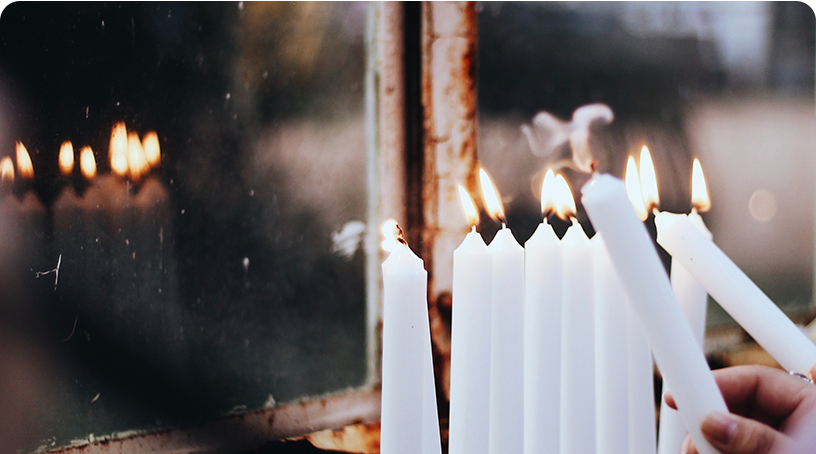Who to notify after death
Each one of us will have to deal with the death of a loved one at some point. The moments when someone close to you passes away is often a difficult time with loss of clarity on what to do next. When it happens, you will need some helpful advice on what to do. This information will help you navigate the different requirements immediately following death.
Who to notify immediately following a loved one’s passing
You might first wish to notify a family member or a friend to let them know what has happened. If the death has been unexpected or sudden, allow yourself time to lean on loved ones and process the initial shock.
Notify their doctor
There are certain people, such as the deceased’s doctor, who you will need to contact fairly soon after in order to certify that the death has occurred. Having the death certified is especially important to enable the deceased moved into the care of the chosen Funeral Director.
Death at home
If someone you know dies at home and doesn't have a regular doctor, the police must be called instead of the doctor. In some cases, like if the death was unusual or unexpected, the Coroner may also be involved to conduct a post-mortem to determine the cause of death. The police arrange for the deceased person to be taken to the Coroner.
If the deceased has a doctor who has treated the person within 6 months of death, they will come to the home and verify the death. The doctor will provide the required doctor's certificate of cause of death to enable the Funeral Director to move the person into their care. There are times when the doctor is not available. If this is the case and the doctor then agrees to provide the doctor's certicifate of cause of death in the next 24 hours, either a registered nurse or paramedic can provide a Life Extinct Certificate for the deceased to be moved into the care of the funeral director of choice.
Death in a hospital or nursing home
If your loved one dies in a hospital or nursing home, the staff will handle most of the formalities. They will guide you through the process as well as answer any questions you might have. Most public hospitals have their own mortuary and the deceased can be kept there until a funeral director is appointed and the body is transferred. Smaller hospitals as well as most private hospitals and nursing homes are unlikely to have such facilities. If they don’t, you will need to engage a Funeral Director so they can transfer the deceased as soon as possible.
Once you contact a Funeral Director, they will take the deceased into their care and assist in the funeral arrangements. The hospital will attend to any documentation needed and the Funeral Director will obtain the doctor's certificate of cause of death and cremation permits (if needed) directly from them.
Death certificate or doctor's certificate?
It's important to note that a doctor's certificate of cause of death shouldn't be confused with an official death certificate which will need to be issued by the Registry of Births, Deaths and Marriages in your state. Both certificates are required documents following death.
The hospital must have the deceased’s correct details (legal name, date of birth, date of death, place of death and usual residential address) and this should match all information provided to the Funeral Director. If the details on two certificates do not match, there will be delays in registering the person’s death. If you are in this situation, you will need to provide proof of identity to have any details changed.
Organ or body donation
If a person wishes to donate their organs or donate their body to science, this usually needs to be arranged in advance prior to death. Cause of death can impact whether the donation can occur. If donation is proceeding, action needs to be taken quickly and medical staff should be present at time of death. Understanding if the deceased is an organ donor is important to honour the wishes of the deceased.
While notifying officials immediately following death needs to happen quickly, notifying all relevant companies and service providers can happen over several months after the service. It’s important to take the time to grieve your loss. If you feel overwhelmed or are not able to tackle all notifications on your own, please seek help from family and friends for additional support.





